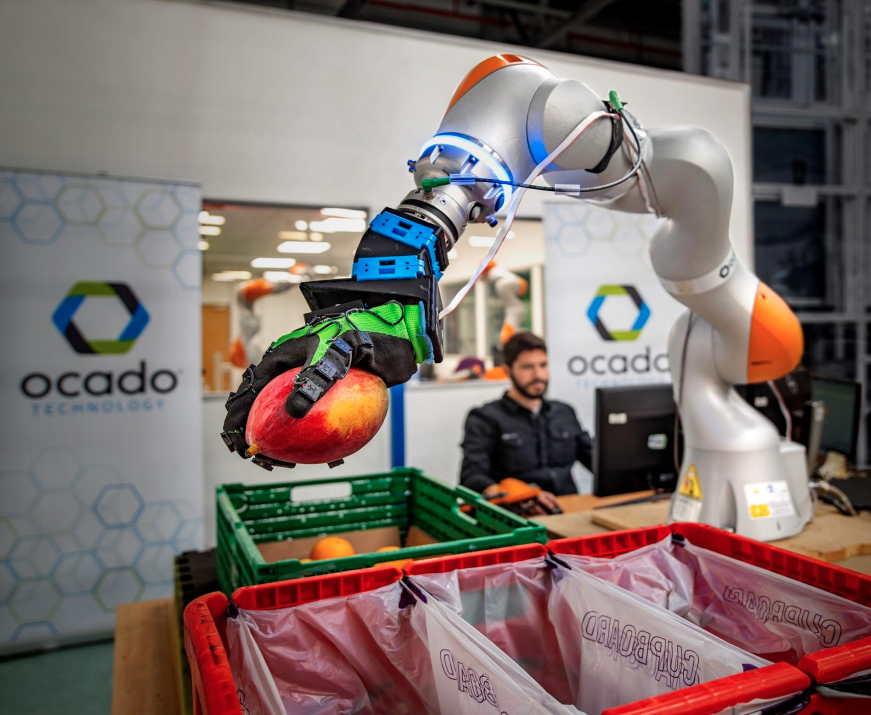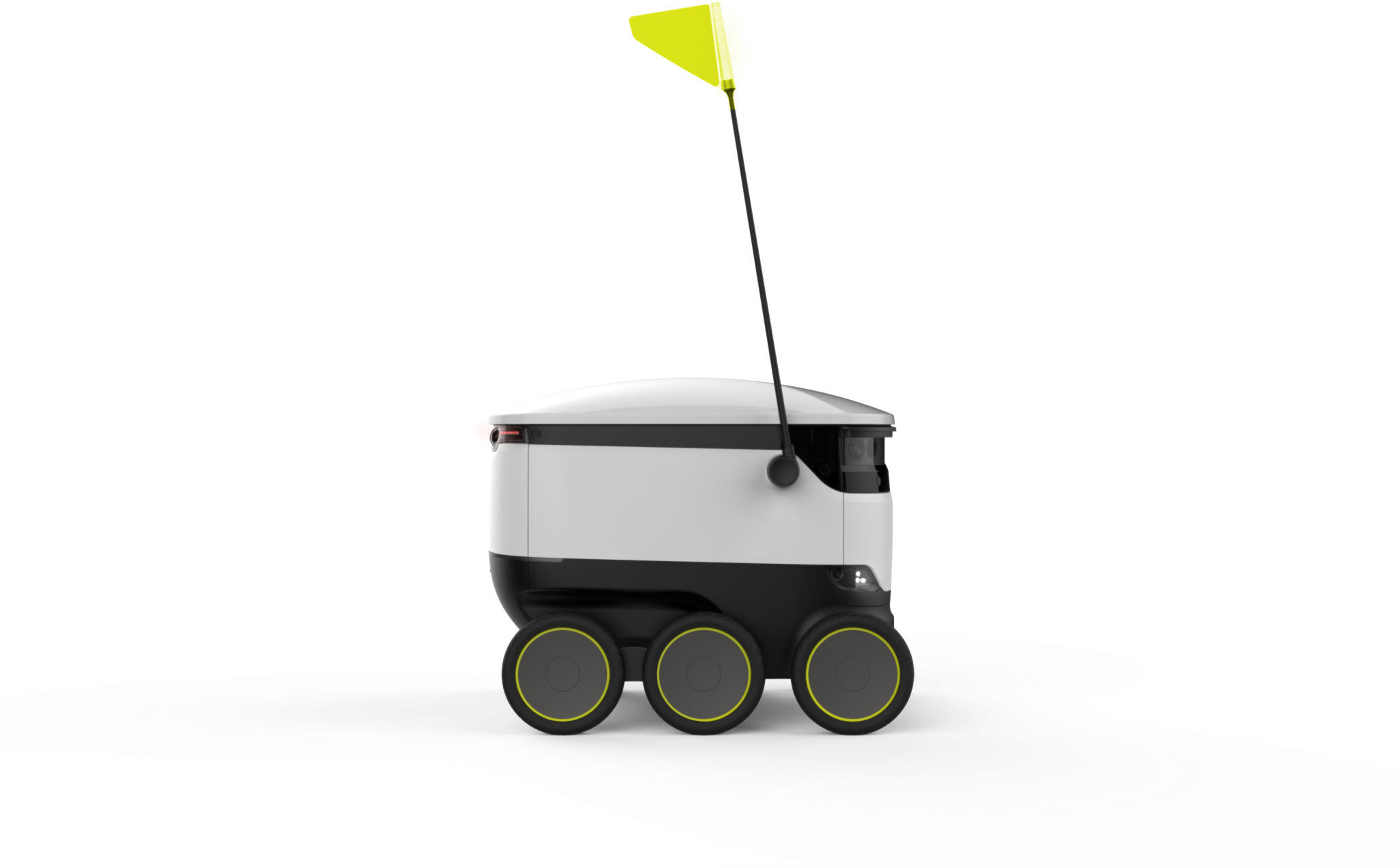London-based startup SenSat, which makes digital twins of real-world locations such as construction projects and UK-cities, has raised $10m in a Series A funding round from investors led by Tencent.
The deal comes as digital twinning technology — essentially making detailed digital copies of the real world — is emerging as a game-changer for a number of sectors, with use-cases ranging from testing car engines (Rolls Royce for example) to warehouse management (something which Ocado's Paul Clarke has talked about at length).
Some even argue that advances in digital twin technology will eventually create the next great tech platform, the so-called Mirrorworld, with our entire physical reality being replicated in a digital universe which we will be able to manipulate in extraordinary ways.
But SenSat’s focus — at least for now — is more profane, aimed at the construction sector.
The company’s technology maps out big construction projects using images from drones and satellites. By transferring data back and forth, these virtual projects are kept in sync with the real projects and can be used to test different scenarios using AI — something that the company has been doing at scale since November last year.
“Our digital twins allow us to build rich digital representations that replicate exactly what is happening in the real world. This means that the data we use to train AI is genuine (because it’s real) and therefore of much higher quality input that traditional simulations may be,” said James Dean, chief executive of SenSat.
SenSat’s main product — called Mapp — has already been deployed in some big construction projects including Heathrow and the Triton Knoll offshore wind farm project based in the North Sea.
SenSat's biggest digital twin yet is of the proposed high-speed rail line between London and Birmingham (aka HS2), which consists of 18 billion individual data points.
The company plans to expand its team of 30 experts by more than three-fold over the coming year, and to continue its international expansion.
Teaming up with Tencent on self-driving cars
While its primary focus is on disrupting the construction sector, SenSat is also actively exploring other possible use-cases for the technology such as self-driving cars, with some of its new funding set to be spent on working with Tencent’s Autonomous Vehicle team in Silicon Valley.
Self-driving cars are often tested using computer-simulated worlds, but running simulations inside a digital twin would bring them one step closer to the real world.
According to Dean, SenSat's work in 3D object identification could also help self-driving cars with spatial awareness.
Digitally Twinning UK cities
Sensat has already created digital twins of 17 UK-cities and has ambitions to continue mapping out areas of the UK as part of its research and development.
Dean says that cities can be great testing-bed for digital twin technologies. "For example in London you have everything from transport data through to census information — all contributing a small clue as to how and why this physical place works the way it does,” he said.

